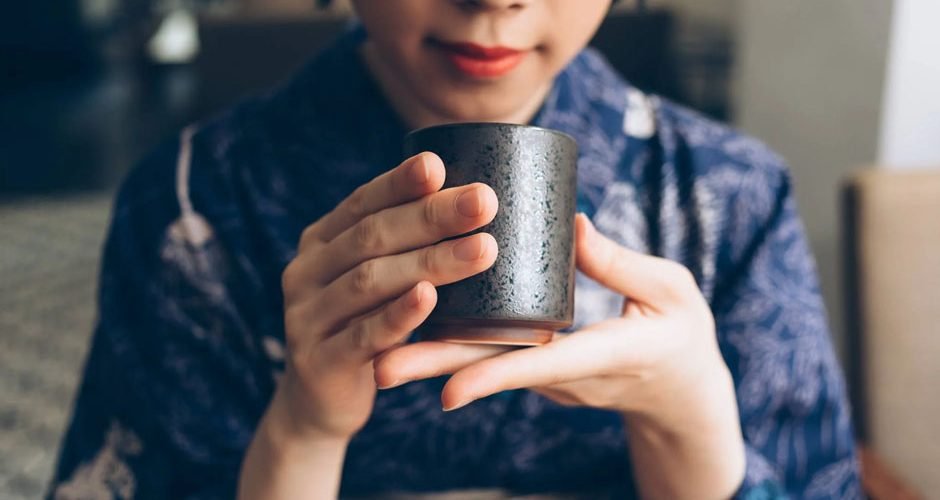Tea is Japan’s number one beverage and is so important to Japanese culture it even has its own famous serving ceremony. At the centre of that ceremony is the matcha variety of green tea. Although Japanese people drink several different types of tea, it is matcha which has also seen a recent surge in popularity in other countries.
What makes it so special? At least part of this answer is because of the purported health benefits. Here is a quick guide to this popular Japanese tea variety and why it is good for you.
What is matcha?
If you try to buy Japanese tea online, things can get a bit confusing. There are many different varieties, but most of them are all variations on basic green tea. Matcha is green tea that comes in a powdered form. The powder is dissolved into hot water rather steeped like tea leaves.
This means that rather than drinking water infused with tea flavour, like most steeped varieties of tea, with matcha you are instead consuming the entire tea leaf. It generally has a stronger flavour and creates a froth when it is mixed with water.
How is matcha different from other teas?
By drinking matcha you are ingesting much more of the tea leaf, which means that you are also getting a lot more caffeine. Matcha has a similar amount of caffeine to a cup of coffee. It is commonly consumed in the morning or early afternoon, and some drinkers report that unlike the jittery buzz of coffee, matcha delivers a sort of focused energy. It makes you feel awake, but relaxed.
Matcha health benefits
Several health benefits have been ascribed to matcha, which include supporting heart and liver health, as well as helping weight loss.
One way matcha is good for you is because it is filled with natural antioxidants. These help control compounds called free radicals which can cause cell damage.
It also contains other compounds, such as EGCG, which in lab studies has been shown to stop cancer cells from growing.
Matcha contains many of the same compounds as ordinary green tea, which means that it might share most of the benefits of green tea too. These include helping weight loss and lowering the risk of heart disease and high blood pressure. Studies also suggest that green tea consumption can lower the risk of liver disease. As we can see, matcha is a more concentrated form of green tea and it may share many of the same health benefits. It is also easy to prepare, and it can also be used in many other drinks and even baked goods.





